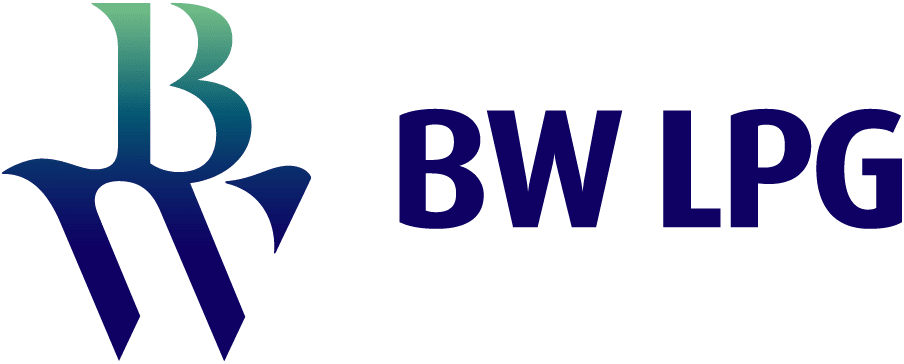Keeping our oceans clean
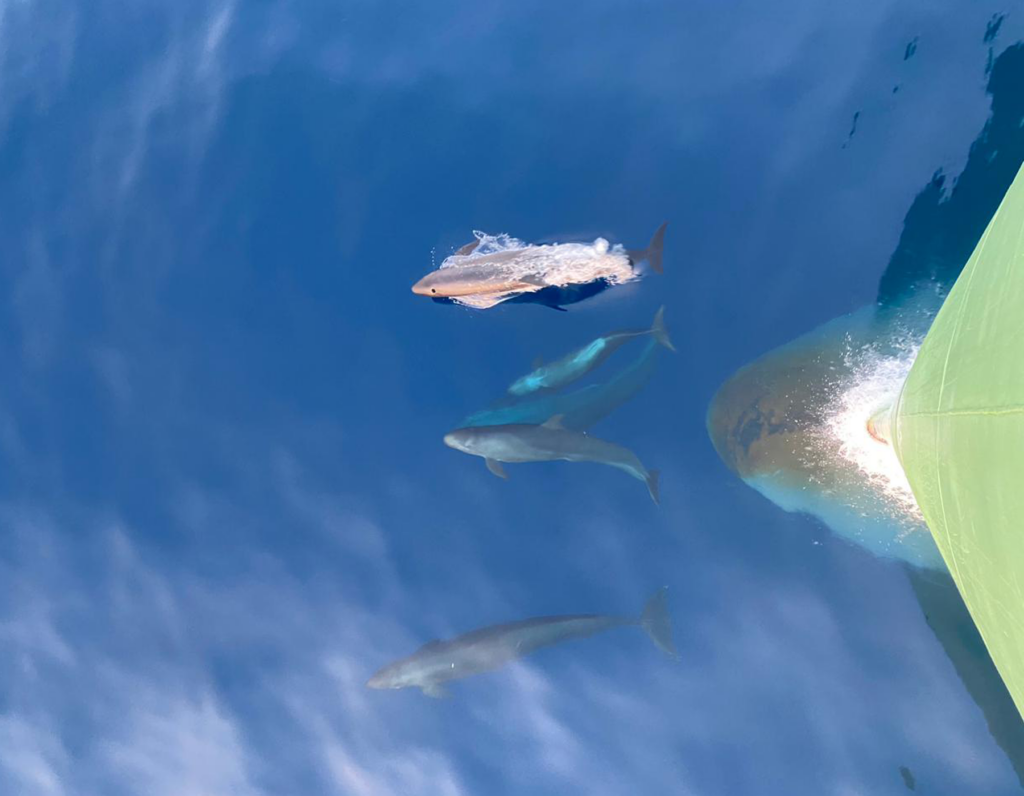
Our focus on water management primarily pertains to sea ballasting operations and freshwater consumption for our workforce. We manage effluents carefully and have guidelines and procedures to ensurecompliance with MARPOL Annex I (Oil) and Ballast Water Management Convention.
Managing operations
Biodiversity
We practice Vessel Speed Reduction (VSR), reducing our vessel speed to 10 knots or less when we operate in waters which are breeding grounds for cetaceans and marine mammals. This reduces collision risks and helps protect marine biodiversity. In Particularly Sensitive Sea Areas (PSSAs), we apply Associated Protective Measures (APM) such as sailing within designated shipping routes and adopting guidelines for safe navigation to protect vulnerable ecosystems.
Freshwater
Our vessels generate freshwater onboard through individual freshwater generators. We address operational effluent discharge from our vessels by proactively addressing leakages, thereby minimizing the accumulation of water and oil in the engine room.
Ballast Water
Ballast water plays a crucial role in ensuring the safety and efficiency of modern shipping operations. However, inadequate management can lead to ecological, economic, and health issues.We have invested in ballast water treatment systems and use technologies suchas ultraviolet and electrolysis neutralisation to limit the release of invasive speciesduring discharge. As of 2023, all our owned and operated vessels have installed or upgraded their ballast water treatment systems. These practices are incompliance with the IMO and US Ballast water discharge standards, and our Ballast Water Management Policy
Ballast Water Management
(% of fleet having implemented Ballast Water Treatment)
Effluents
Waste oil and sludge are heated inseparate processing tanks to removeimpurities before they are incineratedor disposed responsibly on shore. Bilgewater, grey water and sewage are alsotreated with systems on board beforethey are properly disposed. We ensure our fleet is properly maintained and has daily machinery inspections to detect leaks on board andconduct minor repairs.
Vessel Maintenance
Over time, marine growth such as barnacles and algae can accumulate on vessel hulls, increasing drag and reducing fuel efficiency. Regular hull cleaning helps mitigate these issues, enhance the vessel’s hydrodynamic efficiency and reduce fuel consumption. Propeller cleaning is also important as fouling on propeller blades can lead to decreased propulsion efficiency. By conducting routine cleaning and maintenance on both the hull and propeller, ship operators can extend the lifespan of their vessels, and improve fuel economy.
Monitoring
Through the ShipPalm platform by AlphaOri, we harness and make sense of HSEQ (Health, Safety, Environment and Quality) related data to monitor effluent and waste generation. Should there be a breach of international standards, our records facilitate reporting and help with investigations of potential hazards so that proper corrective and preventive actions can be implemented.
Bilge and ballast water exchange data are tracked monthly. Operational non-compliance, spills and releases are recorded and reported to our HSEQ department for further investigations, involving the management team where necessary.
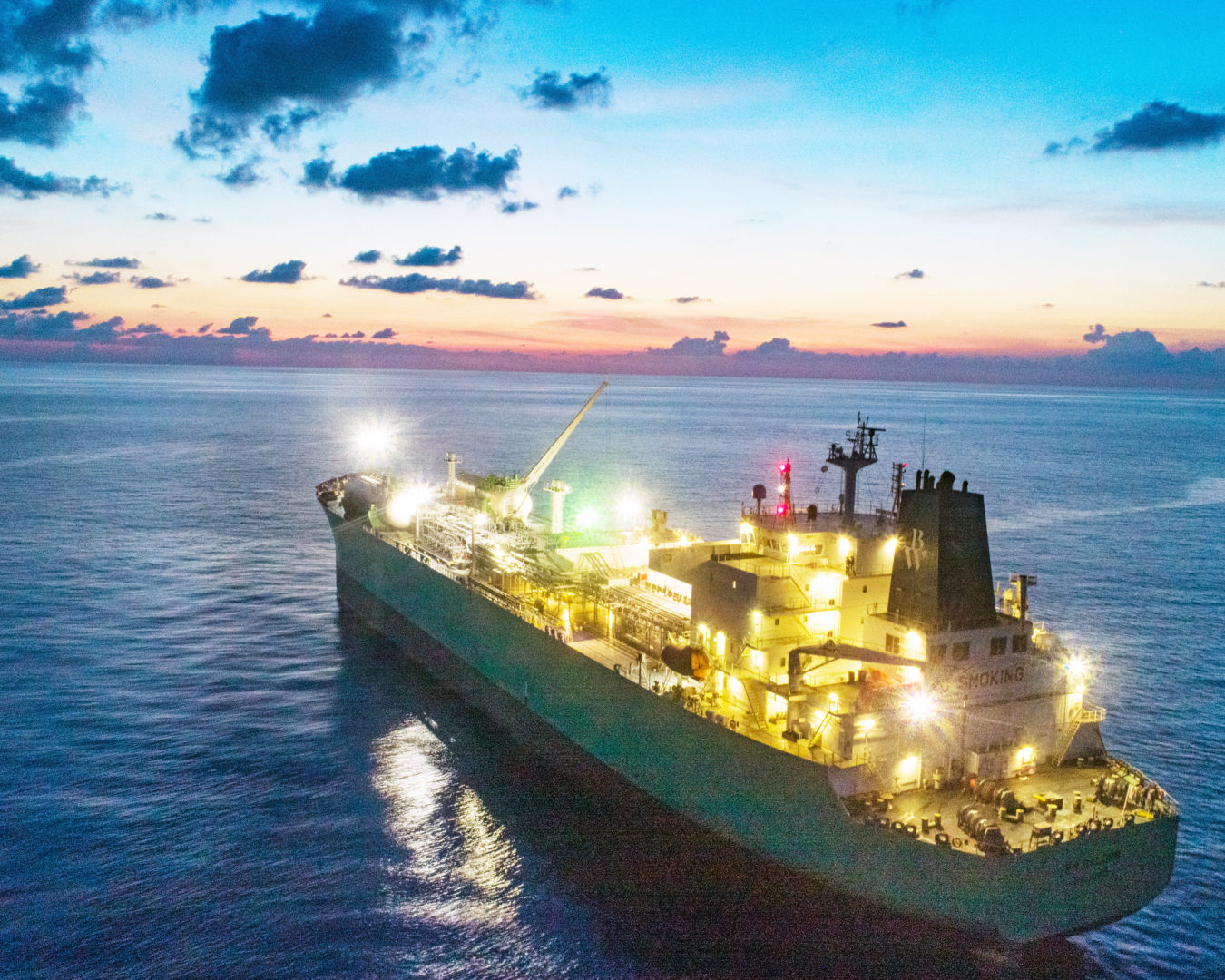
Policies and Guidelines
Communicating our standards for business conduct clearly and transparently through policies and guidelines.
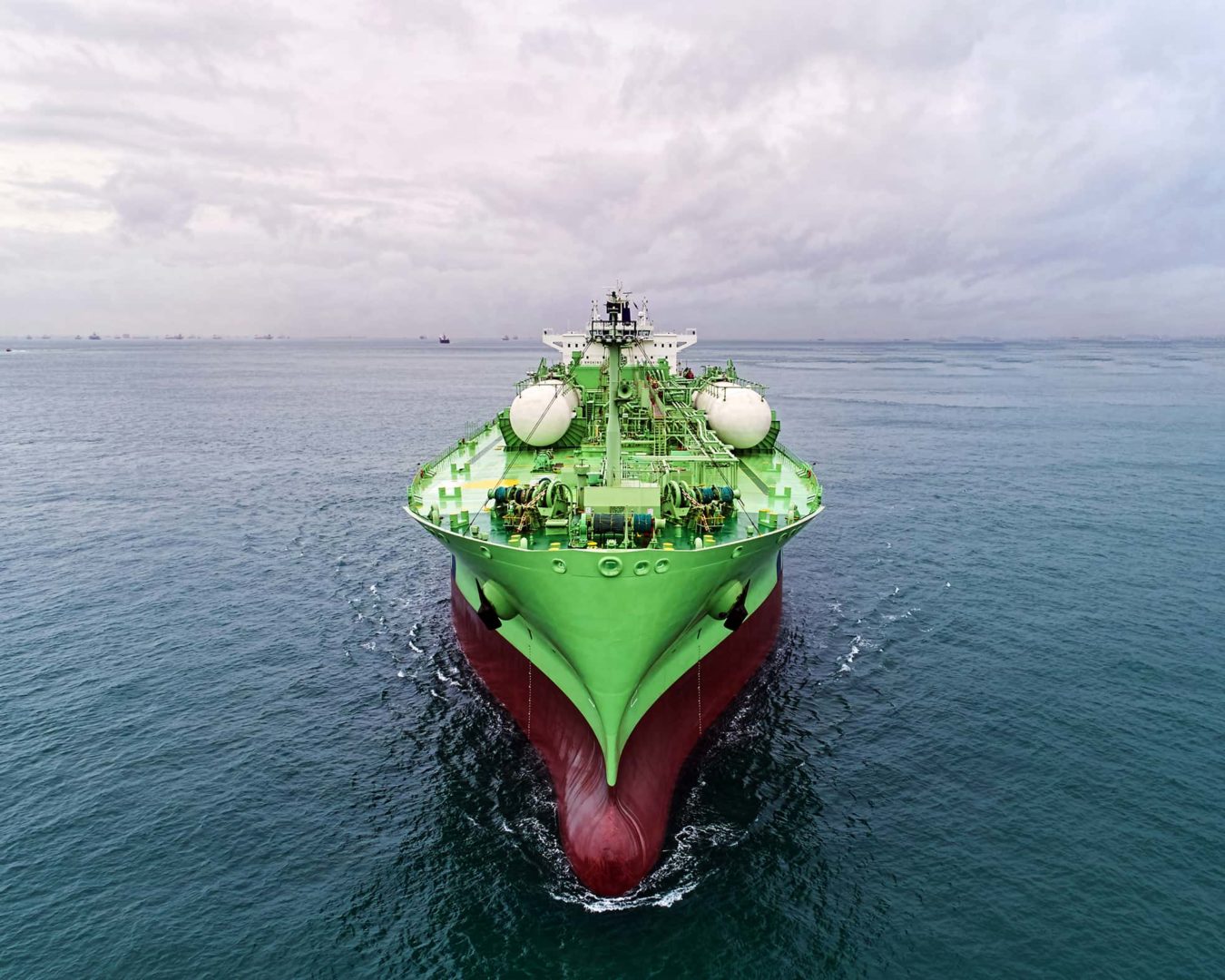
Sustainability Strategy and Governance
Guided by our Vision and Purpose, our sustainability strategy is based on three key pillars and are underpinned by our CARE values.
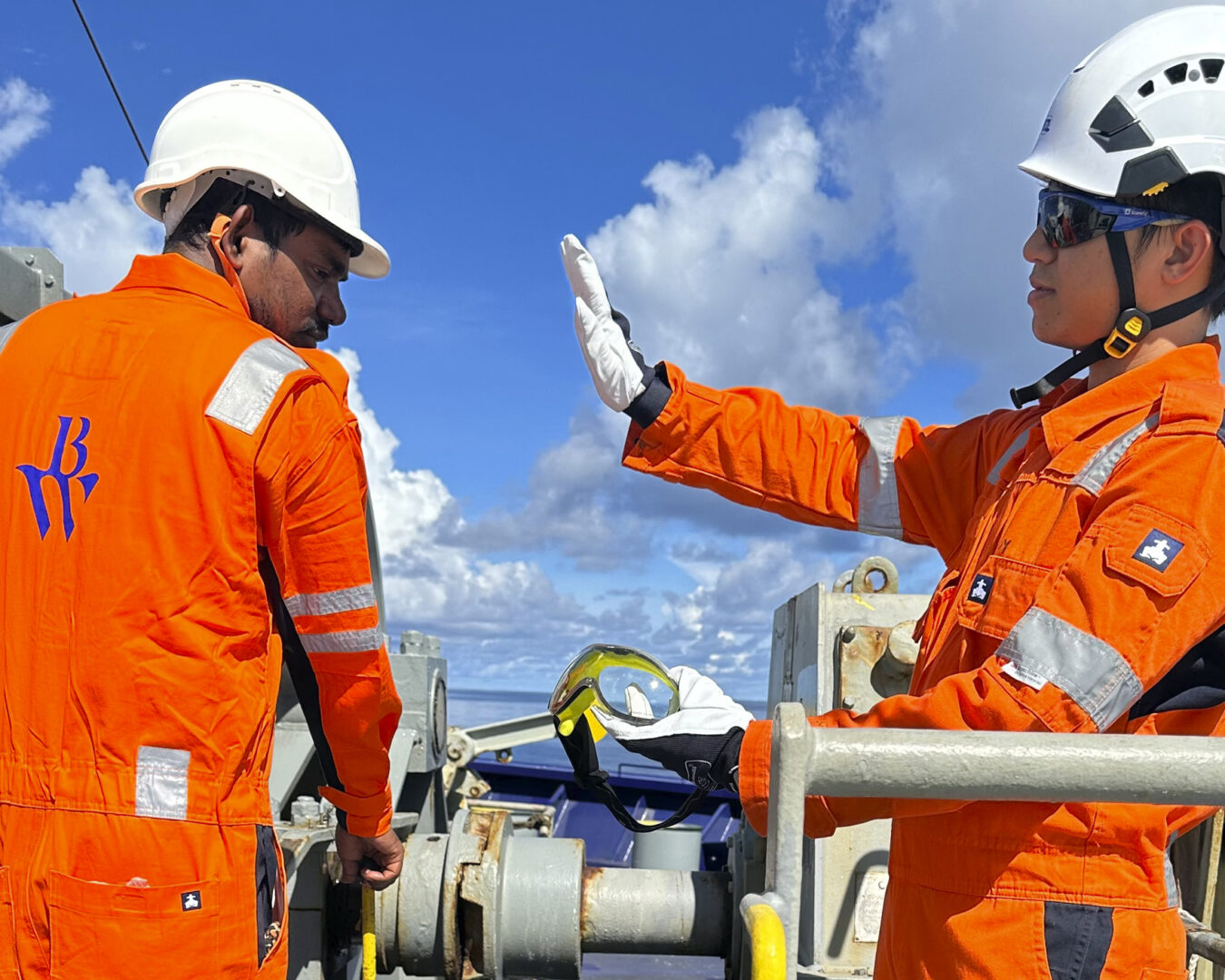
Risk Management
Risks are identified in the course of business operations and added into our risk universe
